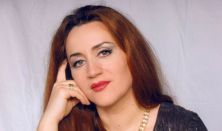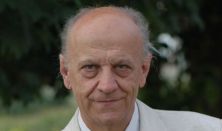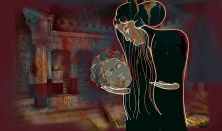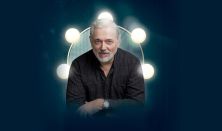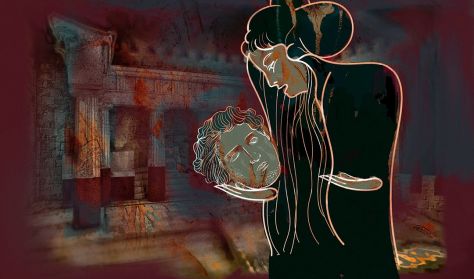
Salome
Music drama in one act, in German, with Hungarian and English surtitles
The Hungarian State Opera gave the work its first Budapest staging in 1912, which has been followed by numerous other productions over the course of the past century. This time, the audience will get to hear Strauss’s amazing opera in concert version at the Erkel Theatre, with the superb Lithuanian soprano Vida Miknevičiūtė in the title role.
Nincs aktuális előadás
Ön egy múltbeli eseményre keresett rá. Kérjük, válogasson aktuális kínálatunkból a Jegy.hu keresőjében!
Last event date: Wednesday, September 29 2021 7:00PM
Richard Strauss based his Biblically-themed 1893 opera Salome on Oscar Wilde’s play of the same title. Strauss’s reconception of this poetic – and scandalously erotic in its time – work written in French while the Irish dramatist was living in exile in France, takes everything to the maximum extreme. With a superb dramatic sense, the composer created a relentlessly paced and extraordinarily weighty music drama that was, at the same time, not devoid of sarcasm. For the first time in history, the sets are reconstructed spaces copied from the original Herodean palace of Machaerus, located in modern Jordan, which was uncovered in excavations directed by Hungarian antiquities researcher Győző Vörös.
General cast
Credits
Synopsis
Why isn’t the prophet screaming?” she asks. Everybody is waiting benumbed. Then the executioner’s sword appears from below and he presents the cut-off head on a silver shield to Salome, who talks to the silent head in the same passionate way as during their first encounter. The outside world ceases to exist for Salome; she herself fulfils her perverted desires, now that she possesses the prophet’s “body”. Even Herod cannot bear the sight of her sensuous lust. Abhorred by this terrible deed, Herod orders his soldiers to kill Salome, and then the veil of night covers everything...
Our offer
Gaetano Donizetti Lucia di Lammermoor Opera in two acts in Italian with Hungarian, English and Italian surtitles
A 60-minute tour starts every day at 13:30, 15:00 and 16:30 in English. To request a tour in other languages (Italian, Spanish, German, French, Greece and Hungarian), please get in touch with the OperaTour team. Please note that the auditorium is closed for visits during rehearsals. Guided tours are not available during performances.
Recommended for children ages 4 to 10 Hungarian-language discussion programme
Suggestions
Prima donnas ERIKA MIKLÓSA Festive gala concert with Hungarian and English surtitles
Prima Donnas + 2 Heroes Michele Kalmandy Festive gala concert with Hungarian and English surtitles
Richard Wagner PARSIFAL Bühnenweihfestspiel in three acts, in German, with Hungarian, English, and German subtitles
Warning! The basket time limit is about to expire!
item(s) in basket
total:
Time limit has expired. Please, put item(s) in to basket again.

